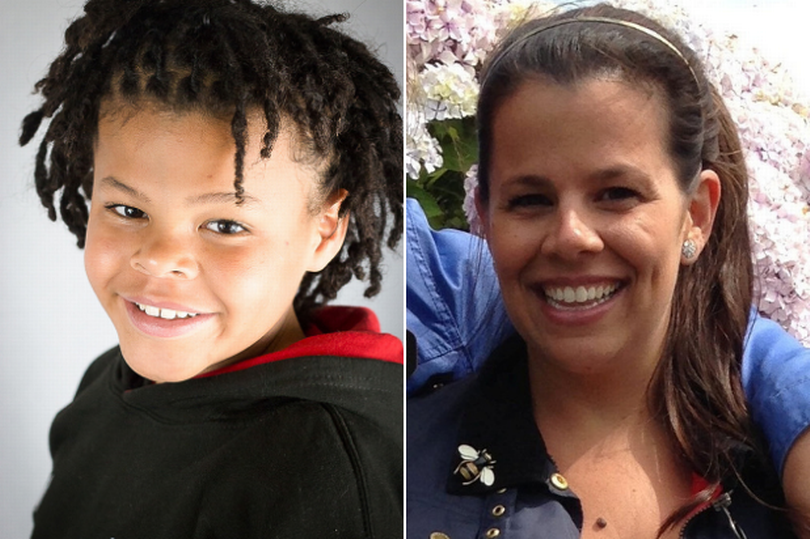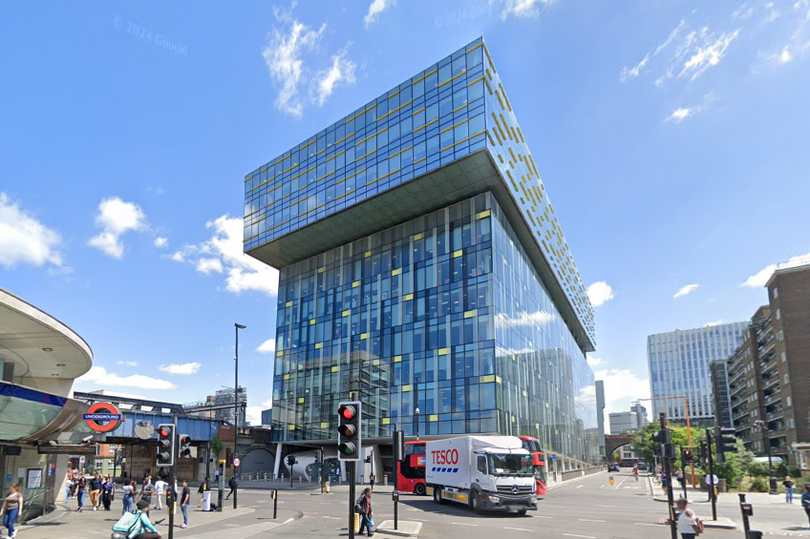Met Officer who didn't check on woman and child killed in crash keeps job

A Met Police officer who failed to check on a woman and child killed by the driver of a car they were chasing in South East London has kept hold of his job.
PC Edward Welch was pursuing Joshua Dobby through Penge when Dobby, then 23, mounted the pavement and hit a family, killing child actor Makayah McDermott, 10 and his aunt Rozanne Cooper, 34. A third child was taken to hospital with serious injuries following the crash in August 2016.
At a police misconduct hearing on Friday (June 14), PC Welch was handed a final written warning lasting 18 months. A panel chaired by Cameron Brown found the officer’s decision to continue chasing Dobby on foot after the collision, instead of checking on the injured pedestrians, amounted to gross misconduct.
READ MORE: Southwark Council spent £25m on agency staff and consultants in 12 months as 'over reliance' slammed

A separate charge levelled at PC Welch for failing to correctly assess the level of risk during the pursuit or to accurately communicate the circumstances to the police control room amounted to misconduct, the panel found.
PC Welch was cleared over the deaths of McDermott and Cooper at the Old Bailey in December 2022. Joshua Dobby was sentenced to 12 years in prison in 2017 after he admitted two counts of manslaughter by gross negligence and one charge of causing serious injury by dangerous driving.
The misconduct hearing at Palestra House in Southwark, South London heard that the BMW PC Welch was driving reached speeds of more than 60 mph during the six minute chase of Dobby, a crack and heroin addict.
PC Welch and his colleague and passenger in the BMW, Jack Keher, began the chase after a number plate recognition camera snapped the Ford Focus Dobby was driving. The vehicle had been reported stolen from a property in Orpington, South London earlier in the month.
After beginning the pursuit, the Ford Focus began behaving erratically, breaking the speed limit, going down one-way roads the wrong way and taking illegal left and right turns. Despite this, the two officers chose to continue the chase and repeatedly failed to report risks to the control centre or underestimated the seriousness of them.
Ailsa Williamson, representing PC Welch at the hearing, said he was a ‘talented officer’ who had made an ‘error of judgement’ in ‘exceptionally unusual circumstances’.
She added: “PC Welch is carrying out his policing duties but he has opted for the wrong police priority. [...] There was a legitimate policing purpose in pursuing the subject. [...] The panel have found there was an error in judgement in not pursuing the other legitimate policing purpose of providing first aid.”
Williamson also drew attention to a character reference provided by superintendent Rob Shepherd who said PC Welch was the ‘top performing’ officer out of the 700 he was responsible for.
PC Welch joined the Met in 2008 and has been based in Bromley since the beginning of his career. He passed his advanced driving training in 2013 and had undertaken five chases prior to the one on August 31, 2016, including one which he aborted after the driver turned on to a grassy verge.
Keher, 35, has left the Met since the incident. He previously served in the army, including completing a tour of Afghanistan. While the case was also proven against Keher, the panel decided he would not have been dismissed if still serving so no sanction was imposed.
Mel Palmer, regional director of The Independent Office for Police Conduct (IOPC) said: “Our thoughts remain with the families of Makayah and Rozanne who sadly lost their lives and to everyone affected by this incident.
“Officers must assess the risks before engaging in a pursuit and continually reassess this throughout. Any pursuit must be proportionate and factor in the surrounding circumstances, including the public safety risk.
“We found that the officers’ actions in pursuing a stolen car at up to three times the speed limit in an area busy with traffic and pedestrians during the school holidays, was not proportionate or justified given the apparent safety risk to the public.
“The officers also failed in their duty of care to protect lives following the collision by chasing the offender rather than immediately going to the aid of the victims.”
Got a story? Email robert.firth@reachplc.com.
Don't miss out on the biggest local stories. Sign up to our MySouthLondon newsletter HERE for all the latest daily news and more.

 Yahoo News
Yahoo News 
